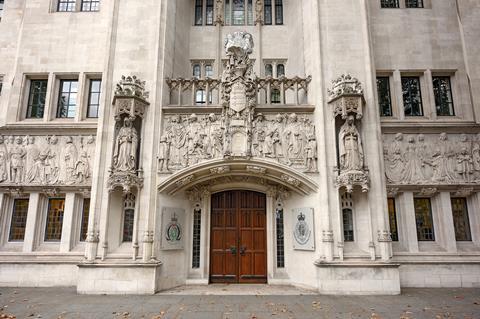The Supreme Court’s judgment is eagerly awaited on an appeal of the test case brought by the FCA against a number of well-known insurers who have denied cover to their policyholders for Covid-related business-interruption insurance claims.

Real estate sector policies were not directly examined as part of the test case proceedings – the case was aimed at providing clarity for SMEs – to the extent that the Supreme Court upholds the High Court’s rulings in favour of policyholders with specific policy wordings. Those rulings are likely to be equally applicable to real estate sector policies that provide coverage for loss of rent.
Accordingly, when the Supreme Court delivers its judgment, which may be later this year or early next year, many property owners will have certainty as to whether they can now take positive steps against their insurers to claim for loss of rent arising from the pandemic.
The sums recoverable for Covid-related business-interruption losses are likely to be capped by an aggregate limit or a fixed period of indemnity, but the sums that could be recovered by real estate sector policyholders are often substantial, in the tens of millions of pounds.

Mishcon de Reya’s insurance disputes team participated in both the High Court hearing and the Supreme Court appeal hearing, representing a range of policyholder interests, including the Hiscox Action Group.
Assuming many policyholders will have grounds to recover from their insurers following the Supreme Court’s judgment, it remains to be seen whether insurers will then do the right thing and start to pay claims, or whether they will continue to raise defences to drag out and delay making payments to policyholders.
Ralph Fearnhead is a legal director at Mishcon de Reya




























No comments yet